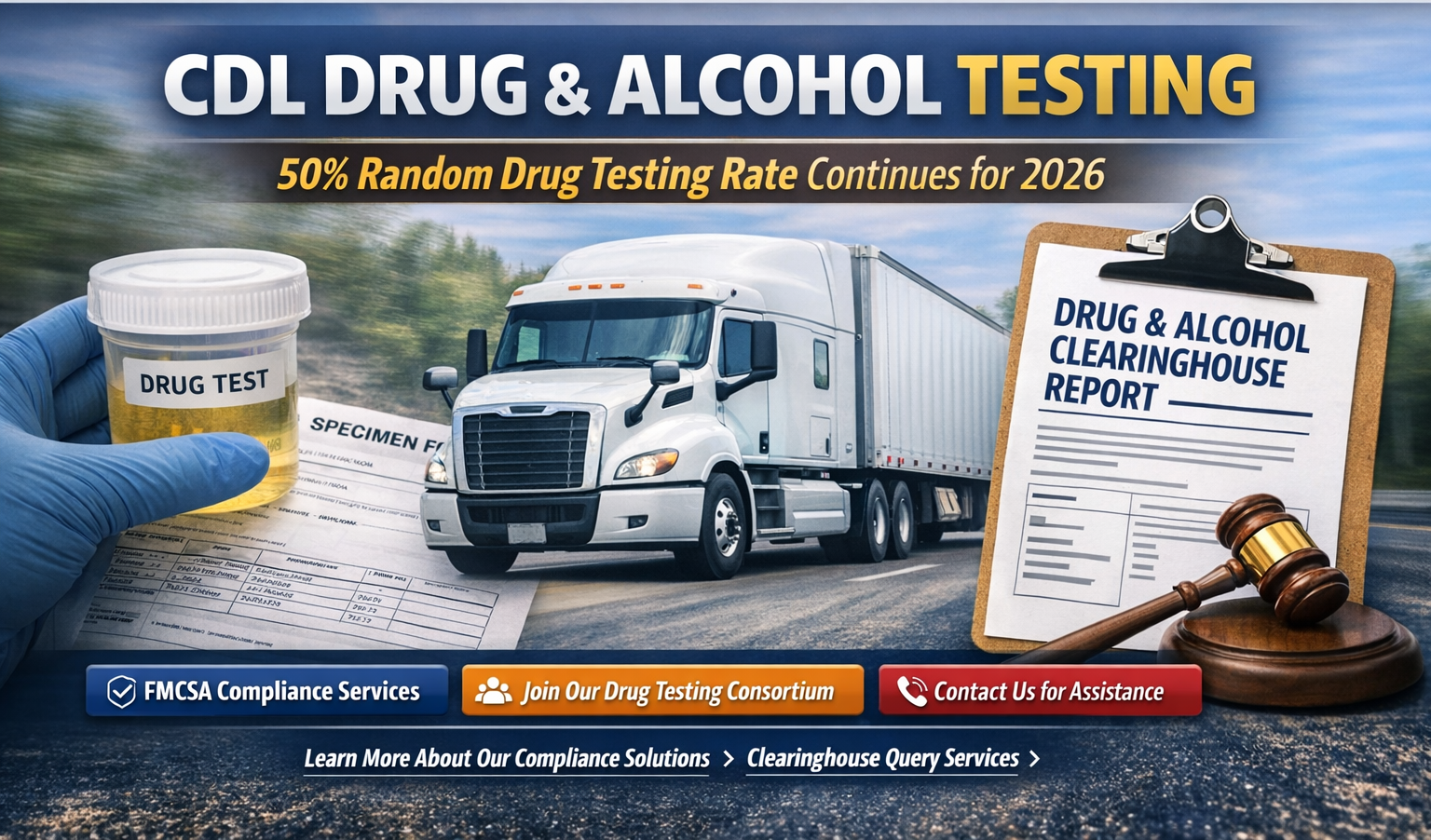Navigating Trucking Acquisitions: Unpacking the Risks of IRP, IFTA, FMCSA Authority, and Equipment Permits
May 31, 2025
Share this article:

Acquiring a trucking company can be a powerful growth move—enabling market expansion, route consolidation, and increased freight capacity. But beneath the surface of every deal lies a web of regulatory obligations that can dramatically affect the success and timeline of the acquisition.
The most critical (and often overlooked) components include the International Registration Plan (IRP), International Fuel Tax Agreement (IFTA), Federal Motor Carrier Safety Administration (FMCSA) operating authority, and a variety of state and local equipment permits. Failing to properly assess or transfer these obligations can result in costly delays, compliance breaches, and inherited liabilities.
This article breaks down each of these areas, outlining their role in due diligence and post-acquisition integration.
1. IRP (International Registration Plan) Risk
The IRP is a cooperative agreement among U.S. states and Canadian provinces that allows commercial vehicles to operate across jurisdictions under a single registration.
Risk Factors:
- Unpaid Fees or Back Taxes: Outstanding balances with a base jurisdiction (e.g., the home state of the seller) can block future registration or renewal.
- Incorrect Mileage Reports: If historical trip/mileage data is inaccurate or poorly documented, the buyer may inherit audit exposure.
- Jurisdictional Discrepancies: If a carrier has operated in states not reported under IRP, it could trigger compliance reviews and penalties.
Best Practice:
Ensure the seller has filed accurate mileage reports and is in good standing with its base state. Consider transferring the fleet’s registration after verifying clear title and audit status.
2. IFTA (International Fuel Tax Agreement) Risk
IFTA simplifies fuel tax reporting for carriers operating across state lines, requiring quarterly reports and tax payments based on miles driven and fuel consumed per jurisdiction.
Risk Factors:
- Outstanding Tax Liabilities: Sellers may have underreported mileage, resulting in unpaid taxes, interest, and penalties.
- Inaccurate or Missing Records: Lack of GPS data, fuel receipts, or mileage logs can compromise audit defense.
- Audit Exposure: Buyers may unknowingly inherit an entity already flagged for an IFTA audit, which can occur even post-acquisition.
Best Practice:
Perform an IFTA audit readiness review, examining fuel purchases, mileage logs, and reporting processes. Ensure the seller’s IFTA license is in good standing and that records meet retention requirements.
3. FMCSA Operating Authority Risk
The FMCSA regulates interstate trucking companies through operating authority (MC numbers), safety ratings, and compliance programs like the CSA (Compliance, Safety, Accountability) system.
Risk Factors:
- Suspended or Revoked Authority: If the seller’s MC or USDOT number is inactive or revoked, operations may not legally continue post-acquisition.
- Poor CSA Scores: Buyers may inherit high BASIC scores, which can trigger FMCSA audits or higher insurance premiums.
- Name or Ownership Changes: The FMCSA prohibits unauthorized transfer of operating authority. A new entity may need to apply for fresh credentials if the deal structure changes control or branding.
Best Practice:
Check the FMCSA's SAFER database and Licensing and Insurance system to verify the seller’s active status, safety record, and authority type. Engage counsel early to structure the transaction for seamless authority transition or re-application if needed.
4. Equipment Permits and State-Level Compliance
Commercial fleets often carry oversize/overweight permits, HVUT (Heavy Vehicle Use Tax) filings, apportioned plate registrations, and state-specific credentials (e.g., New York HUT, New Mexico WDT, Kentucky KYU).
Risk Factors:
- Lapsed or Invalid Permits: Vehicles may be operating illegally, exposing buyers to impoundment, fines, or halted operations.
- Non-transferable Credentials: Many state permits are tied to the original entity and are not transferrable without reapplication.
- Unpaid 2290 HVUT: If Form 2290 is unpaid or unfiled, the IRS may deny tags or renewal, and penalties could accrue.
Best Practice:
Request a full equipment and permit audit. Validate VINs, cab cards, 2290 filings, and permit statuses across all operating states. Be prepared to apply for new permits where transfer isn’t allowed.
Conclusion: Mitigate Risk with Regulatory Due Diligence
Trucking acquisitions don’t fail because of the trucks—they fail because of the hidden regulatory burdens attached to them. Whether it’s an unfiled IFTA return or a revoked FMCSA number, these pitfalls can sideline a transaction or disrupt service post-close.
To protect your investment:
- Conduct comprehensive regulatory and compliance due diligence.
- Plan for license transfers or reapplications where required.
- Integrate regulatory risk into valuation models and indemnification language.
At National Fleet Services LLC, we specialize in due diligence for trucking M&A, including audits of IRP, IFTA, FMCSA, and state permitting compliance. Our team ensures that buyers avoid post-transaction surprises and sellers present a clean bill of operational health.
Need an expert eye on your next acquisition?
Let us help you navigate compliance risks and keep your deal—and your fleet—moving forward.
fleet insights






